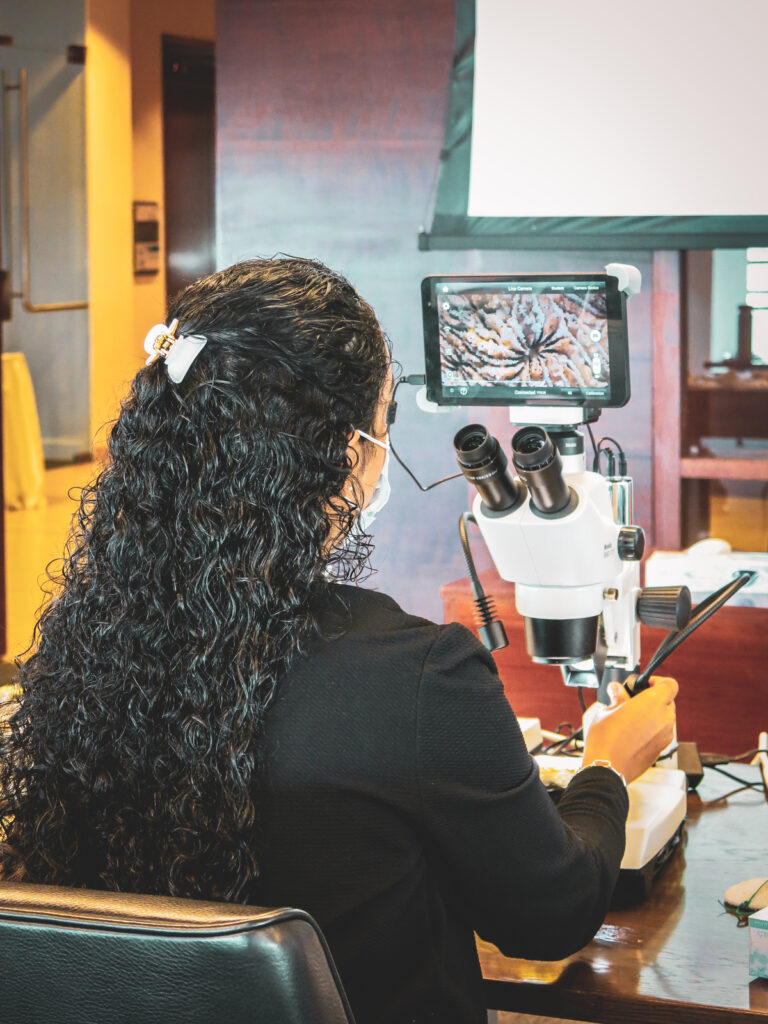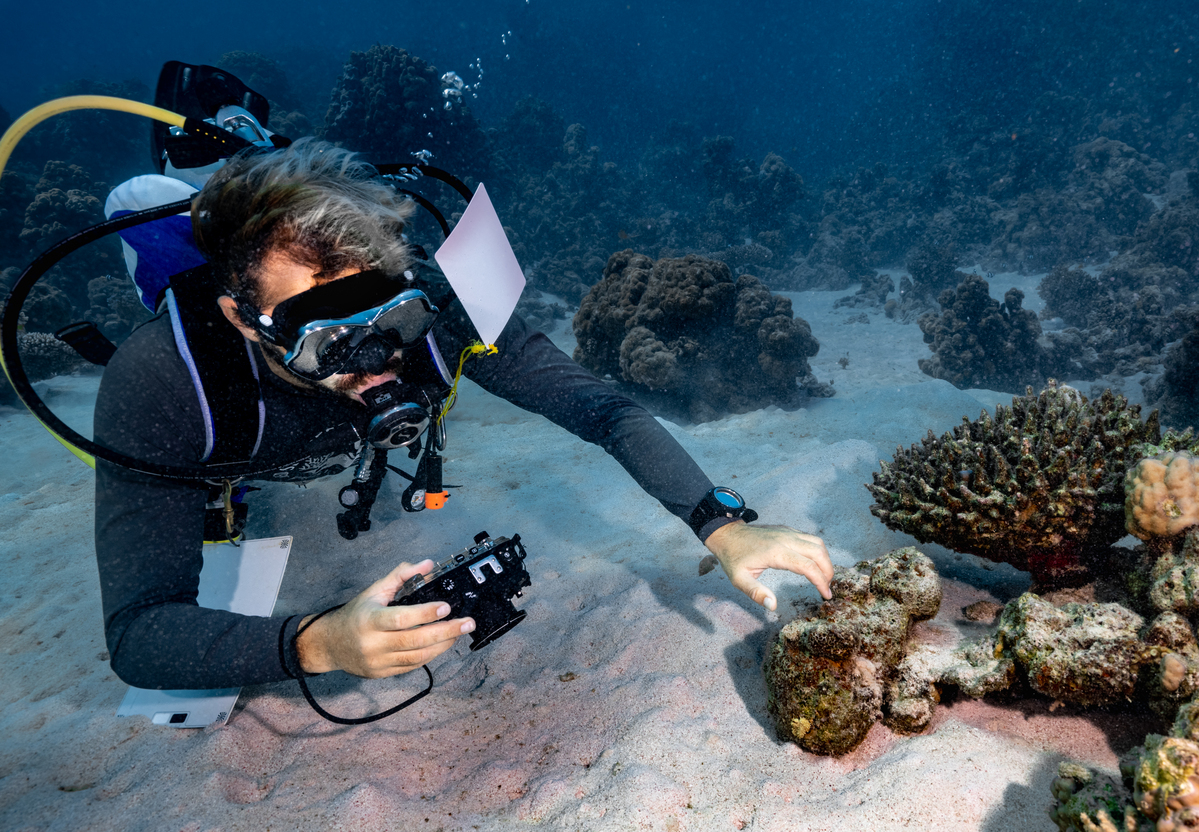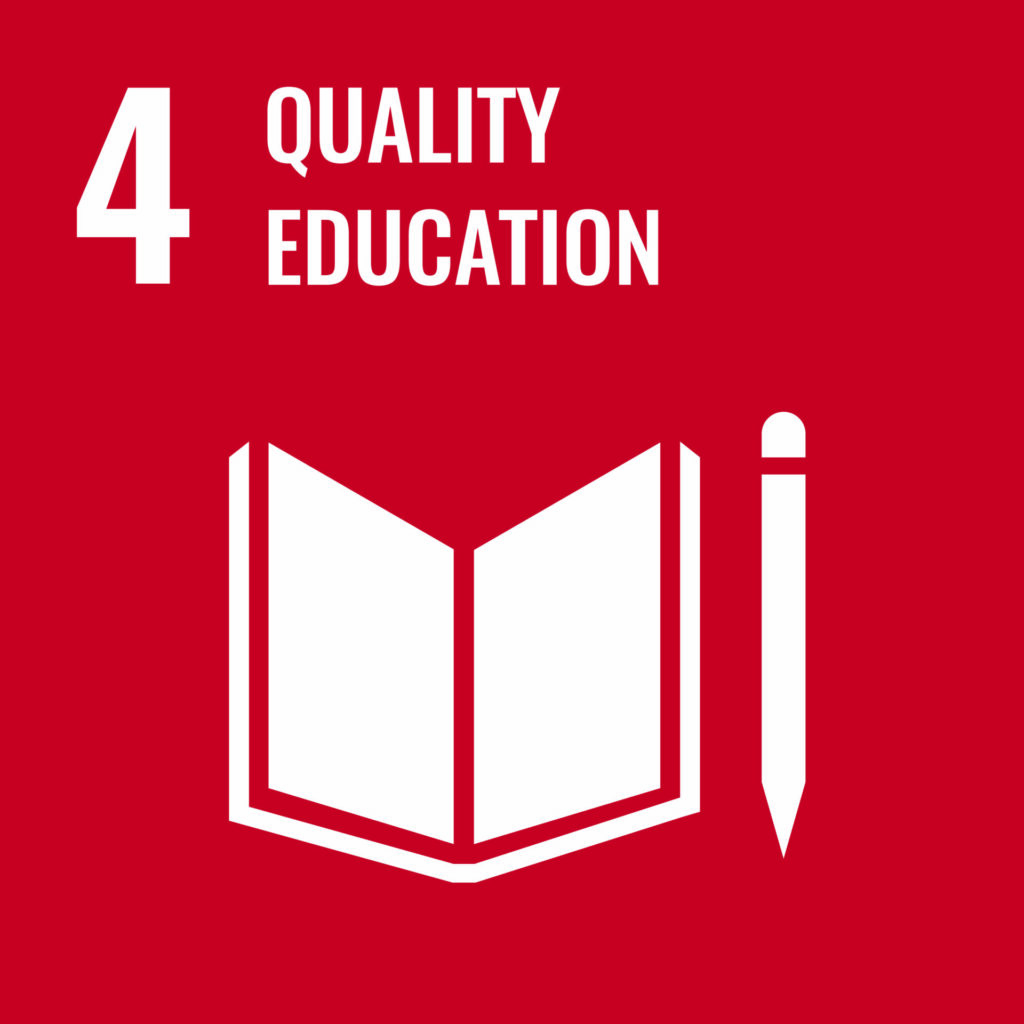The Red Sea is home to a rich diversity of marine life still being discovered and described, including more than 360 different hard coral species, with a high rate of endemic species from shallow and deep reefs not found anywhere else in the world.
Marine biologists Francesca Benzoni and Tullia Terraneo from KAUST recently organized a coral identification workshop for marine researchers working on national gigaprojects and in other Saudi universities.
The 14 participants represented the Red Sea Development Company, NEOM, Imam Abdulrahman Bin Faisal University and KAUST’s Red Sea Research Center. The participants work in diverse areas such as fish ecology, invertebrate biology, coastal biodiversity and marine conservation.
The workshop helped participants to identify corals and explained which corals can be identified from images, thus avoiding destructive sampling, and which ones require further sampling for identification.
Even more importantly, says Benzoni, “it opened their eyes to coral. The end game for me is not just to have everybody going home and being able to place a name on a species, but also to have them more interested in the resource.”

“To see people who are not necessarily working with coral every day become interested in them, want to find out more about them and maybe look at them with a different eye was the most rewarding aspect of the workshop,” she says.
During lockdown, Benzoni and colleagues met over Zoom to discuss features of different corals from Benzoni’s extensive collection of images.
The interactions and the workshop have helped strengthen the collaboration between researchers from the gigaprojects and local universities.
“They know what the challenges are to identify corals, and now they know that they can come back to us at KAUST or collaborate with each other to find solutions to various challenges,” adds Benzoni.
Benzoni and her team are developing a comprehensive identification guide to the corals of the Red Sea, which will be published in 2022.


